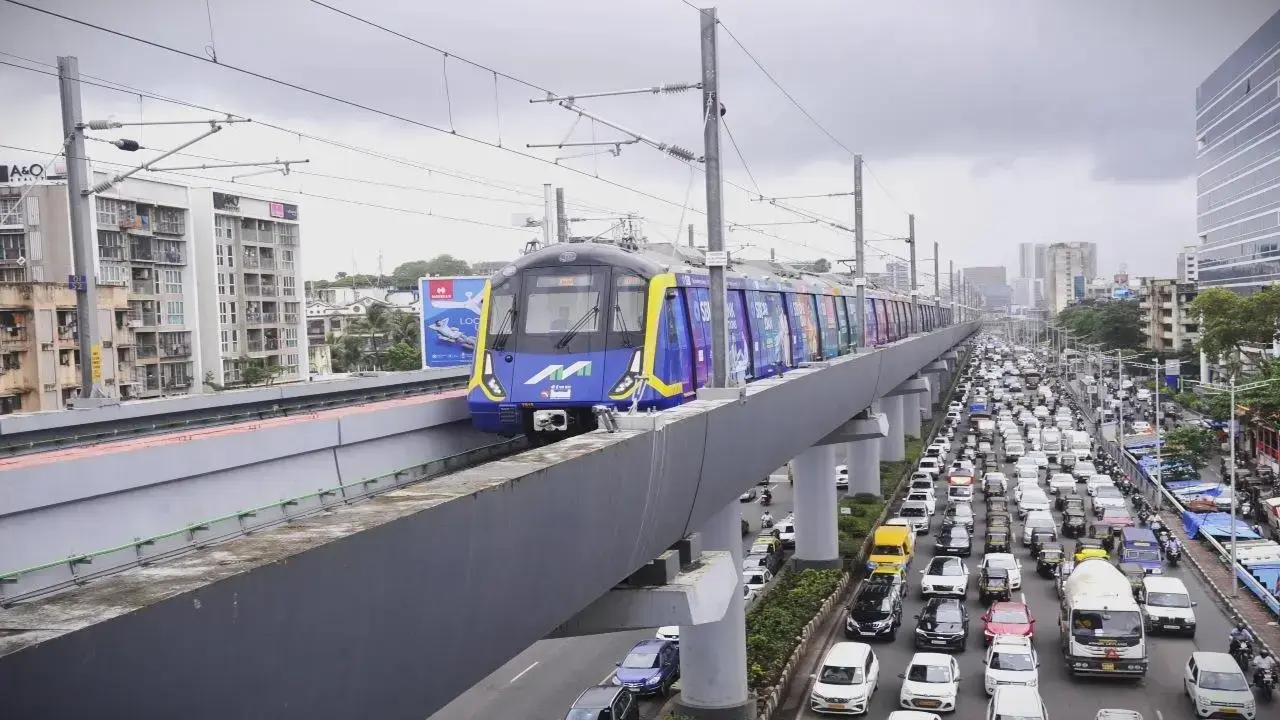Centre and the Maharashtra government have jointly formed a committee to enable seamless connectivity between Mumbai’s suburban railway system and its rapidly expanding metro corridors. The initiative aims to harmonise operations between the two systems, reduce last-mile transit gaps, and improve the overall commuter experience in the Mumbai Metropolitan Region (MMR).
The newly constituted committee includes representatives from key transport and planning agencies such as Central Railway, Western Railway, Mumbai Railway Vikas Corporation (MRVC), Mumbai Metropolitan Region Development Authority (MMRDA), CIDCO, BEST, MahaRail, and the state’s Urban Development Department. The panel will be chaired by MMRDA, which is overseeing the metro network’s implementation across the region. Senior officials involved in the process said the committee’s primary mandate is to identify critical interchange points where metro lines intersect or pass near suburban railway stations. The panel will recommend infrastructure solutions—such as pedestrian bridges, subways, or interconnecting concourses—to ensure smooth, accessible, and time-efficient transfers between transport modes. It will also clarify responsibilities regarding construction and funding of such linkages.
The strategic move comes at a time when Mumbai’s metro footprint is set to cross 300 km over the next few years. At present, three lines—Metro 1, 2A, and 7—are operational, while several others are under various stages of execution. In contrast, the suburban rail network spans key stretches from CSMT to Karjat, Panvel, Kasara, and Dahanu Road, serving millions of daily passengers. However, the lack of integrated access between the two systems often leads to bottlenecks and inefficient travel. Transport planners say that a well-synchronised multimodal transit network is essential for a city like Mumbai, where space constraints and high commuter density pose daily challenges. The committee is expected to accelerate the transition to a more sustainable, equitable, and efficient urban transport ecosystem, aligned with the goals of net-zero emissions and inclusive access.
While the coordination process will evolve in phases, the institutional framework now being put in place marks a decisive shift towards integrated mobility planning for India’s financial capital.
Also Read : NCC Wins Rs 2269 Crore Contract For Mumbai Metro Line 6 System Works


